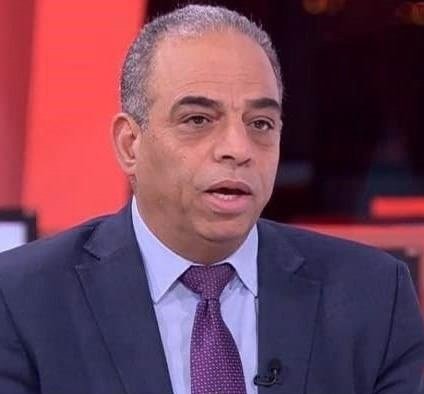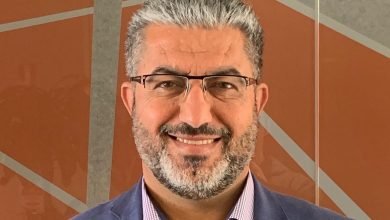
By : Ahmad M. Awad
Jordan Daily- The issue of development financing is one of the most critical topics on the international agenda, particularly in light of preparations for the upcoming Global Development Financing Summit scheduled for June in Seville, Spain.
The issue of freezing U.S. aid has been a dominant topic in side discussions during the preparatory meetings for this summit, currently taking place at the United Nations headquarters in New York. Concerns are growing over the increasing use of financial aid as a political tool rather than a legitimate right for the Global South, granted by the Global North based on historical and colonial responsibilities, as well as their commitments to financing the achievement of the Sustainable Development Goals (SDGs) for 2030.
According to the criteria set by the United Nations, developed countries are required to allocate at least 0.7% of their Gross National Income (GNI) to development aid. However, UN reports being discussed in the preparatory meetings indicate that current funding rates do not exceed 0.35%, which is merely half of what these countries have pledged.
This significant shortfall raises serious questions about the commitment of wealthy nations to their responsibilities toward global development, especially as economic and social crises continue to worsen in low- and middle-income countries.
In recent weeks, there has been a fundamental shift in U.S. policy concerning foreign aid, with serious concerns emerging about the use of American assistance as a tool for political blackmail, as highlighted in discussions at the United Nations.
During several meetings in the preparatory discussions at the UN headquarters in New York, the author of this article raised concerns about the dangers of using U.S. aid to Jordan and Egypt as leverage to facilitate what amounts to a crime against humanity—“ethnic cleansing”—by forcibly displacing Palestinians from Gaza, in light of recent threats. Additionally, concerns were expressed about the implications of the new U.S. administration’s financing strategies on global and regional development levels, as these policies severely undermine the pathways toward sustainable development.
The U.S. administration’s aid policies will deepen the financing crisis in many developing countries, affecting key development sectors such as health and education, among others. While acknowledging that the development financing crisis did not start today and has long suffered from clear structural imbalances, these developments raise fundamental questions about the true commitment of donor countries to their development obligations.
The Fourth International Conference on Financing for Development, set to take place in June 2025, presents a crucial opportunity to restructure development financing policies on fair and effective foundations.
Global civil society networks working in development and human rights, which are actively participating in these discussions, have reaffirmed a set of key principles. These include upholding previous commitments while increasing the volume of aid, reaffirming the goal of allocating 0.7% of Gross National Income to development assistance, and agreeing on clear enforcement mechanisms.
There is also an urgent need to address the alarming decline in official development assistance and ensure that aid reaches developing countries as needed. Additionally, reviving the development effectiveness agenda is essential, ensuring that aid is rights-based, accountable, and strengthens the ownership of development processes by recipient countries while empowering local initiatives.
In conclusion, the future of development cannot be discussed in isolation from the responsibilities of wealthy nations toward poorer ones. Development aid must not be allowed to become a political tool for imposing specific agendas. What is required today is a serious international commitment and concrete decisions that ensure equitable and inclusive development, free from narrow interests and selective policies.
Ahmad Awad is the founder and director of the Phenix Center for Economic Studies, specializes in human rights and socio-economic issues. He is also advocate for human rights and promoting democracy and civil society at local, Arab, and international levels.

